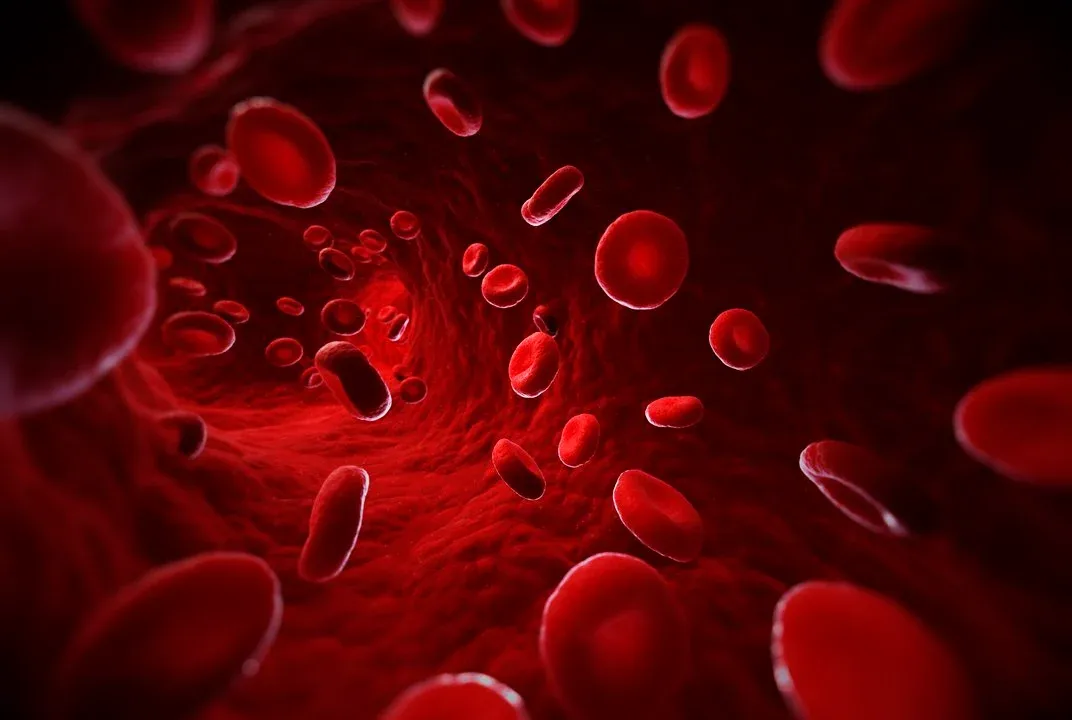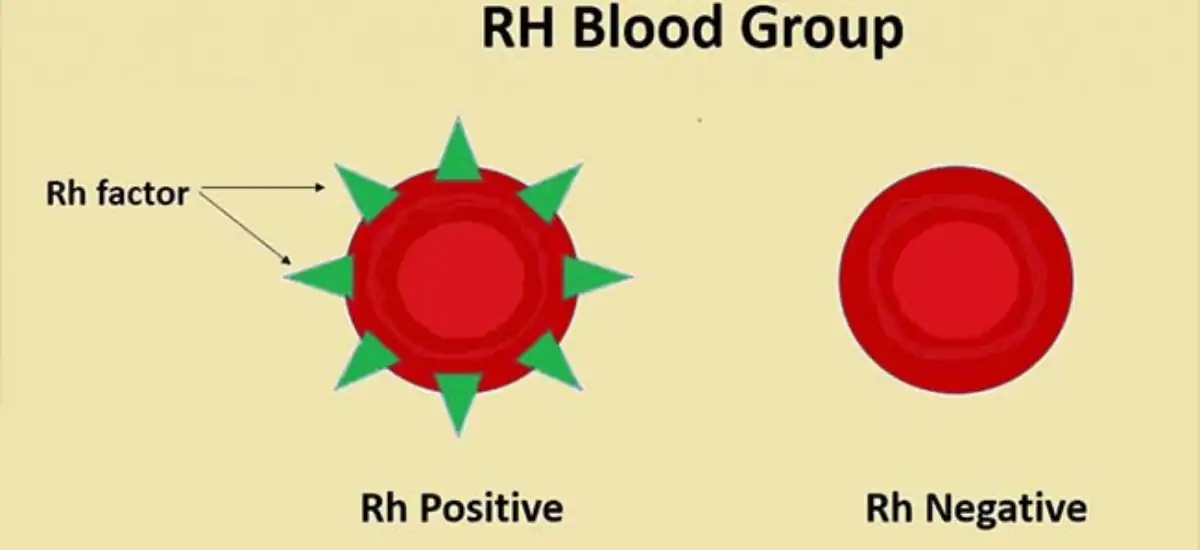Advertisement
12 Strange Facts About Rh-Negative Blood
Advertisement
There are various myths about Rh-negative blood groups. And today we are going to share some true yet strange facts about Rh-negative blood. So stay with us till the end. After learning all the facts, we are sure you will have a better understanding of Rh-negative blood groups. So let the learning fun begin!
Sources say that Rh-negative blood groups are prone to mental health problems
Recently, studies have found that Rh-negative blood groups have a higher risk of mental health issues. In 2015, a study was conducted where more than three thousand subjects discovered that Rh-negative blood men often reported certain mental health disorders which include attention deficits, antisocial personality disorders, as well as panic disorders.Advertisement
Rh-negative blood groups may get allergic to certain things
Some studies also reveal that Rh-negative blood groups are prone to developing allergies to certain things. In one study, researchers found that the subjects of the Rh-negative blood group already had or were likely to have skin allergies.Advertisement
Women who have Rh-negative blood group can also lead them to complications during pregnancy
Rh negative blood group women are prone to complications when they are pregnant and we will tell you why. However, whether or not you are Rh negative or positive blood group could have a bad impact on your pregnancy. The studies conducted by experts, it has shown that issues can start when a female belongs to an Rh-negative blood group, but her fetus is Rh-positive. Thus, this can gradually result in something which is called Rh incompatibility.Advertisement
The pregnant women’s Rh-negative blood group body will fight against an Rh-positive fetus
Suppose there is a woman from Rh negative blood group who has an Rh-positive fetus, as soon as her body realizes that it is not her blood, her body will fight against it and make anti-Rh antibodies. Still did not understand? Well, we have explained this issue below more in detail.
The experts reveal that the anti-Rh antibodies can cross the placenta. Later on, it tries to destroy the fetus’s blood which affects the growth of the baby. Thus, this high reaction leads to some serious health issues in the fetus. Sometimes, it can also cause death in a fetus or newborn. These antibodies can also enter the body in the late pregnancy stage or even during delivery or cause ectopic pregnancy. In the second or more pregnancies, it can cause hemolytic disease in the newborn.

Advertisement
Whether the Rh negative blood group or an Rh positive blood group, highly depends on his or her parents
Many people get confused about the Rh negative blood group and Rh positive blood group types. So we want to clear all the doubts once and for all. According to the sources, the baby will have Rh negative blood group or Rh positive blood group will depend on what is passed down by their parents through their genes.
Let’s say, for example, the mother belongs to the Rh negative blood group and the father belongs to the Rh positive blood group. And if they have decided to conceive, then there are high chances of the fetus to be Rh positive blood group, which is directly inherited from the father.
And studies have shown that half of the children belong to Rh positive blood group who are born to an Rh-negative mother and Rh-positive father. Apart from this, Rh incompatibility does not occur or does not create any problem, when it is her first pregnancy. This happens because the blood of the baby does not enter the circulation system of the mother normally during the first pregnancy.
Advertisement
Women belonging to the Rh-negative blood group can cause serious issues during their pregnancy
Females with Rh negative blood group are prone to various health complications. As they can get exposed to the Rh protein, this might cause antibody production in many other ways and they can lead to blood transfusions with Rh-positive blood, ectopic pregnancy, as well as miscarriage.Advertisement
Women with Rh negative blood group need undivided attention during their pregnancy
As we shared about various complications among women with Rh negative blood group, they need special care during their pregnancy period. And that goes for all their pregnancies. Sources reveal that Rh-negative blood women groups were most often at high risk for miscarriage in their 2nd or 3rd trimester.
But now, this rarely happens because of the advancement in the medical field. Today, pregnant women with Rh negative blood group are routinely given the RhoGAM injection (Rh immunoglobulin or RhIg) to lessen the risk of a baby’s death in their womb. Thus, the success of these injections is pretty high and completely safe for the mother and her baby.
In short, these injections attack Rh-positive cells and stop you from developing your own antibodies that will create issues in future transfusions or pregnancies. Pregnant women of the Rh-negative blood group are given this injection at the 28th week of pregnancy and after delivering their child who is Rh positive.
Those who suffer from induced abortion, trauma, or miscarriage are given this shot within 72 hours of the exposure. Some are even given these injections after invasive procedures such as fetal surgery, sampling, chorionic villus, as well as amniocentesis.
Advertisement
There are more Rh-positive blood groups than Rh-negative blood groups
You would be shocked if we say there are fewer Rh-negative blood groups compared to Rh-positive blood groups. According to the sources, there are around 85% of Rh(D) proteins which is also referred to as Rh positive blood group.Advertisement
Rh negative blood group does not have Rh(D) protein
Individuals in the Rh-negative blood group lack the Rh(D) protein. And that is why they are known as Rh negative group. But fret not! Even if this protein is not present in them, it does not affect their health in any way.
Advertisement
Only genetics can decide whether the child will be Rh negative or Rh positive
Whether the baby will be Rh negative blood or Rh positive, is completely determined by genetics. Suppose, both parents are Rh negative, then their baby will be Rh negative as well. However, if the father is Rh positive and the mother is Rh negative, then their offspring will be either Rh negative or Rh Positive.
So that is how it goes!
.png)




